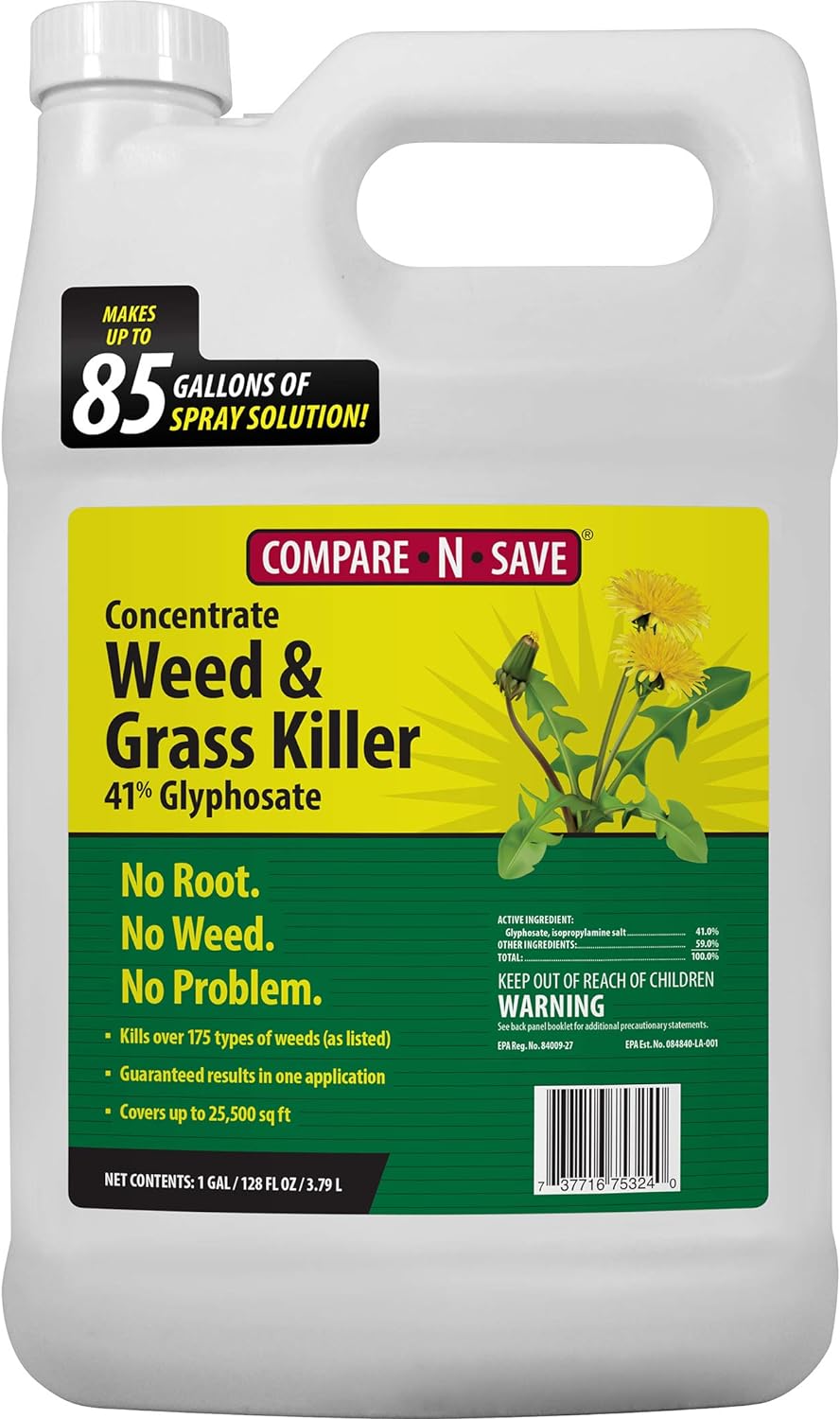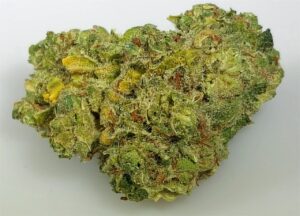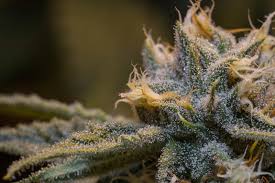Glyphosate Weed Killer, Glyphosate, a widely used herbicide, has become a pivotal tool in modern agriculture and weed control. Known for its effectiveness, glyphosate weed killer is used globally to manage invasive plant species, protect crops, and maintain landscapes. However, its widespread usage has also sparked debates about its environmental and health impacts.
What is Glyphosate?
Glyphosate is a non-selective, systemic herbicide developed in the 1970s. It works by inhibiting a specific enzyme pathway essential for plant growth, effectively eliminating weeds and other unwanted vegetation. Its non-selective nature means it targets nearly all plants, making it versatile for use in agricultural, industrial, and residential settings.
Applications of Glyphosate Weed Killer
- Agriculture: Farmers use glyphosate to control weeds that compete with crops for nutrients, water, and sunlight. It is often applied to genetically modified (GM) crops that are engineered to resist its effects, allowing efficient weed control without harming the crops.
- Land Management: Municipalities and landscapers rely on glyphosate to manage invasive species, maintain parks, and control vegetation along roadways and railways.
- Home Gardening: Many homeowners use glyphosate-based products to keep gardens, lawns, and driveways weed-free.
Benefits of Glyphosate
- Efficiency: Glyphosate acts quickly and effectively, saving time and labor in weed management.
- Cost-Effective: Its widespread availability and low cost make it a preferred choice for farmers and gardeners.
- Broad-Spectrum Use: Glyphosate works on a wide range of plant species, providing flexibility in weed control.
Controversies Surrounding Glyphosate
While glyphosate has revolutionized weed control, concerns about its safety and environmental impact have grown. Some key issues include:
- Health Risks: Studies have linked glyphosate exposure to potential health risks, including cancer. The World Health Organization’s International Agency for Research on Cancer (IARC) classified glyphosate as “probably carcinogenic to humans” in 2015, though regulatory agencies such as the EPA have stated that it is safe when used as directed.
- Environmental Impact: Prolonged use of glyphosate has been associated with a decline in biodiversity, particularly affecting pollinators like bees and butterflies. Additionally, it may contribute to soil degradation and water contamination.
- Herbicide Resistance: Overuse of glyphosate has led to the emergence of glyphosate-resistant weeds, challenging its long-term efficacy.
Regulations and Alternatives
Regulatory bodies worldwide have taken different stances on glyphosate. Some countries have banned or restricted its use, while others, like the United States, continue to approve its application under strict guidelines.
To reduce reliance on glyphosate, alternatives such as organic herbicides, crop rotation, and mechanical weed removal are gaining traction. Integrated pest management (IPM) approaches also offer sustainable solutions.
Conclusion
Glyphosate weed killer remains a cornerstone of modern weed management, but its usage comes with a mix of benefits and challenges. As research continues and public awareness grows, finding a balance between effective weed control and environmental stewardship is crucial. Whether through stricter regulations, alternative solutions, or innovation, the future of weed management may evolve beyond glyphosate, ensuring a more sustainable approach to agriculture and land care.
You Might Also Like These:



